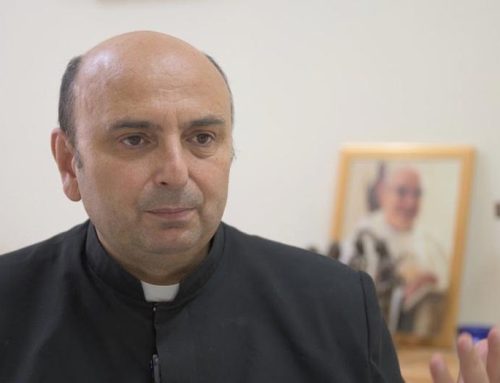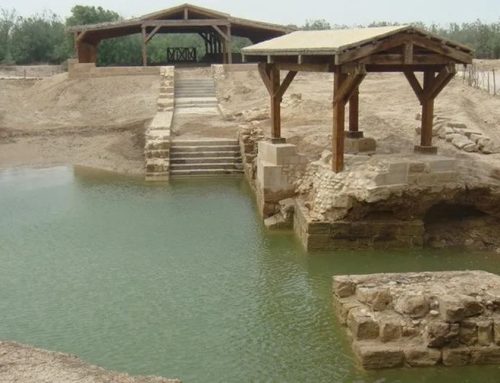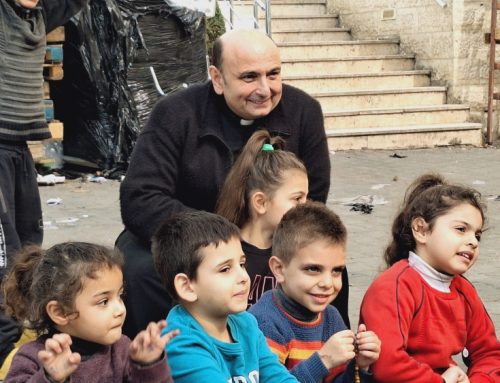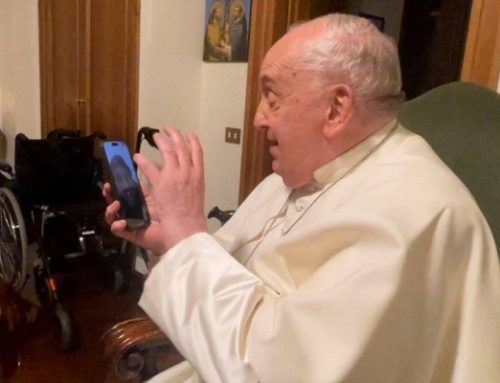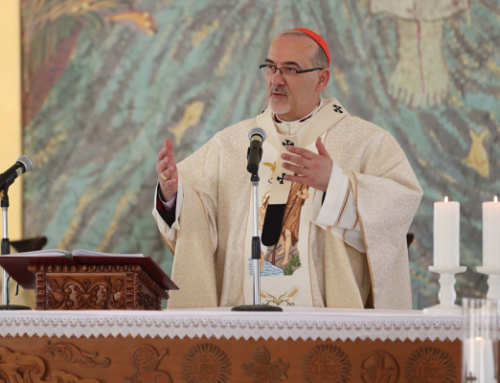Zenit
Flurry Over “Hitler Youth” Issue Overshadows Message
A Vatican spokesman is clarifying that young Joseph Ratzinger’s mandatory enrollment with Hitler’s youth organization “had no role in his life.”
Jesuit Father Federico Lombardi, director of the Vatican press office, responded to a flurry of criticism that arose in the Israeli press after the Pope’s visit Monday to the Yad Vashem.
Among the issues dredged up was Joseph Ratzinger’s relationship with the Nazis. Even an Israeli government official was quoted as making much of the Holy Father’s nationality: “The Pope [at Yad Vashem] spoke like a historian, as somebody observing from the sidelines, about things that shouldn’t happen. But what can you do? He was part of them,” said Parliament speaker Reuven Rivlin.
Others took issue with the Pope having used the word “killed” instead of “murdered,” and other similar points.
This led Father Lombardi to say at a press conference today in Jerusalem, “I have read something that is not true. The Pope never, never formed part of the Hitlerjugend, which was a corps of fanatic and ideological volunteers.”
The spokesman later clarified his own statement because the Pope’s enrollment in the Hitler Youth was explained by Joseph Ratzinger himself in “Salt of the Earth.” There he says he was automatically enrolled in the organization, though he did not participate in it.
In the book, Cardinal Ratzinger explains: “Q: Were you in the Hitler Youth?
“A: At first we weren’t, but when the compulsory Hitler Youth was introduced in 1941, my brother was obliged to join. I was still too young, but later, as a seminarian, I was registered in the HY.
“As soon as I was out of the seminary, I never went back. And that was difficult, because of the tuition reduction, which I really needed, was tied to proof of attendance at the HY.
“Thank goodness, there was a very understanding mathematics teacher. He himself was a Nazi but an honest man, who said to me, ‘Just go once and get the document so that we have it …’
“When he saw that I simply didn’t want to, he said, ‘I understand, I’ll take care of it,’ and so I was able to stay free of it.”
Prejudices
Father Lombardi also responded to some of the other criticisms, such as that the Pope mentioned “millions” of Jews and not “six million,” or that he did not make reference to his own German roots.
“In the discourse at Yad Vashem,” Father Lombardi noted, “he chose the theme of memory and developed the idea of a name.”
The speech was not a treatise on the Holocaust, the spokesman added, and pointed to other discourses where the Pope has mentioned Germany and his past, and Nazism.
“He can’t mention everything every time he speaks,” Father Lombardi remarked.
“Moreover in the morning, he had already said that six million Jews died and that we can’t forget, and that there is still anti-Semitism,” the spokesman said, referring to the Holy Father’s first address in Israel at the Tel Aviv airport, delivered just hours before his visit to the Yad Vashem.
Father Lombardi commented that Benedict XVI does not get offended when the press alters or takes issue with his words.
“He does not react superficially or immediately,” the spokesman said. “He is very patient and is ready to listen to the others — everyone can voice their ideas. It’s true, he feels that he has not been understood, and I feel the same, but we know how the world is and how attitudes are. There is not always a willingness to understand well; sometimes there are prejudices and not everyone is open to an attitude of readiness to listen.”

